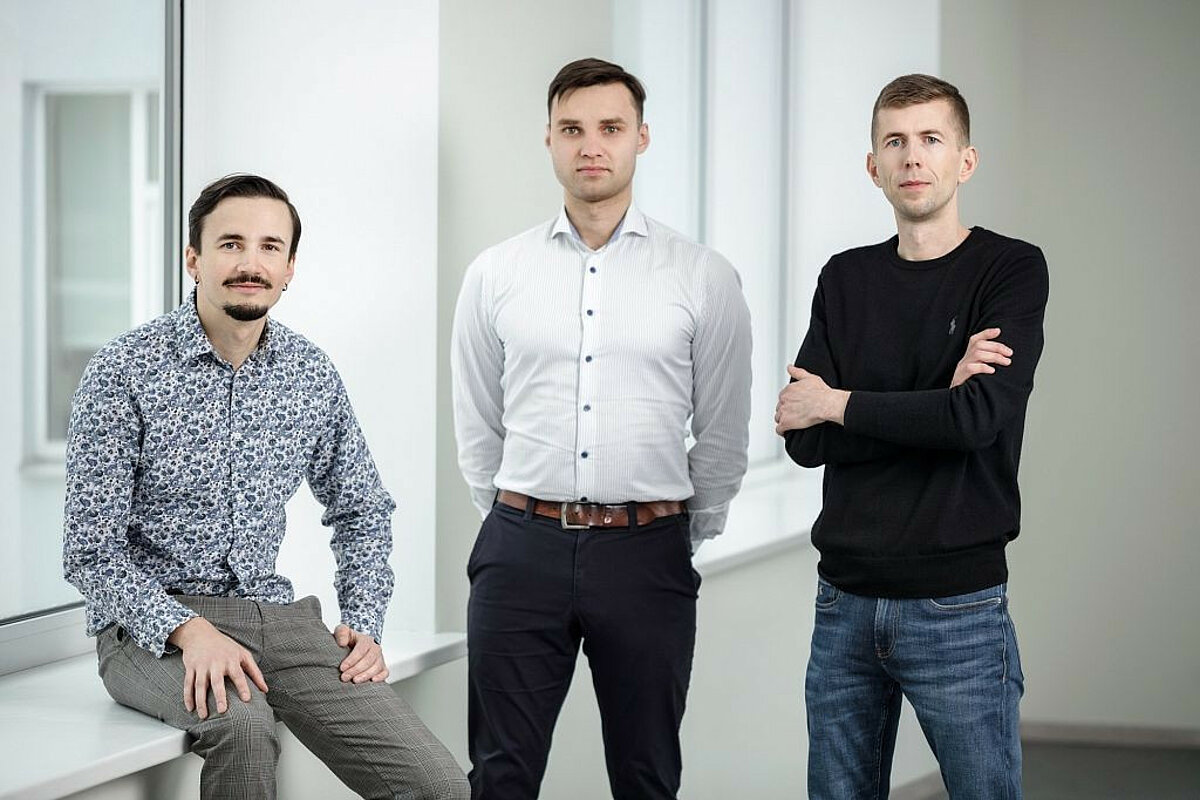
The biotechnology startup Cellbox Labs is developing organs-on-a-chip that could help pharmaceutical companies test new drugs more efficiently. The company’s first product is intestine-on-a-chip. Lungs-on-a-chip will be next.
Cellbox Labs wants to create an organ-on-a-chip industry in Latvia and develop a high-tech company here.
“In the future, we want to achieve unicorn status because we are working on a technology with huge potential. We will be able to make the drug development process more efficient, cheaper and more accessible worldwide,” says Gatis Mozoļevskis, co-founder of Cellbox Labs and Head of the Micro and Nanodevices Laboratory our institues.
The startup has its roots in 2019, when BMC started collaborating with the Institute of Solid State Physics (ISSP) at the University of Latvia. BMC was represented by Artūrs Ābols, and ISSP by Gatis Mozoļevskis and his colleague leading researcher Roberts Rimša. The BMC scientists were working on cancer biomarkers and had heard about organs-on-a-chip, while the ISSP scientists had knowledge of microfluidics, which is needed for the production of chips for biology.
Organs-on-a-chip is a new industry. The first company started only ten years ago. Today, there are more than 20 companies in the field. There are only two players in Northern Europe: Cellbox Labs and Finnadvance from Finland.
In the future this technology can also be useful for manufacturers of food additives and pesticides. Organs-on-a-chip can also help the space industry.